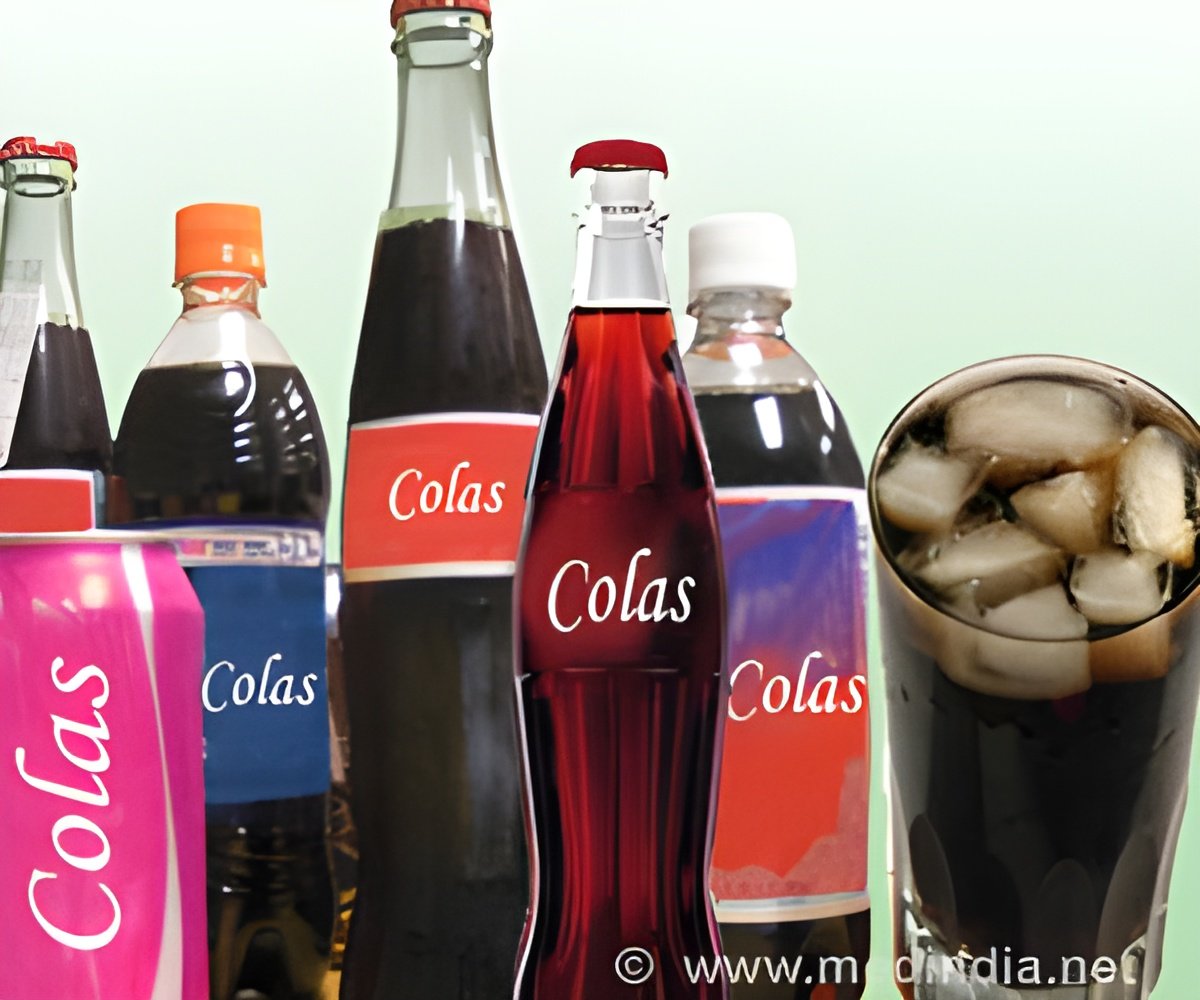Health warning labels similar to those found on tobacco products may have a powerful effect on whether parents purchase sugar-sweetened beverages for their kids.

‘Health warning labels similar to those found on tobacco products may have a powerful effect on whether parents purchase sugar-sweetened beverages for their children.’





Lead author Christina Roberto, an assistant professor of Medical Ethics & Health Policy at Penn Medicine, said, "In light of the childhood obesity epidemic and studies suggesting that more than half of children under the age of 11 drink SSBs on a daily basis, there is a growing concern about the health effects associated with consumption of these beverages. Some states have introduced bills requiring SSBs to display health warning labels, but to date, there is little data to suggest how labels might influence purchasing habits, or which labels may be the most impactful." In the first study to examine the influence of sugar-sweetened beverage warning labels, researchers conducted an online survey of 2,381 parents with at least one child between six and 11 years old. Participants had diverse backgrounds, and many identified as racial and ethnic minorities - groups which have the highest obesity rates in the United States. After being divided into one of six groups - the control group, which saw no warning label on beverages, the 'calorie label' group which only saw a label displaying the beverage's calorie count, and four 'warning label' groups, which saw one of four variations of content warning about possible negative health effects - participants were asked to choose a beverage to purchase for their child.
Results showed that while the specific text of the health warning labels did not affect a parent's purchase choice, the presence of the label was significant. Overall, 40% of parents in the groups exposed to health warning labels said they would choose an SSB for their kids, compared to 60% of participants who saw no labels on the beverages, and 53% of parents who saw the calorie labels.
Roberto said, "Regardless of the specific wording, results show that adding health warning labels to SSBs may be an important and impactful way to educate parents about the potential health risks associated with regular consumption of these beverages, and encourage them to make fewer of these purchases." The findings are in line with similar studies conducted on the effects of warning labels on tobacco products, which have been shown to increase consumer knowledge of health risks related to tobacco use, and encourage smoking cessation.
The study also evaluated consumer support for sugar-sweetened beverage warning labels and found that nearly 75% of participants would support adding them to the containers. The authors hope the results will encourage future research focused on determining how these labels influence beverage choice for a variety of consumers, and dietary choices beyond SSBs.
Advertisement
Source-Newswise










